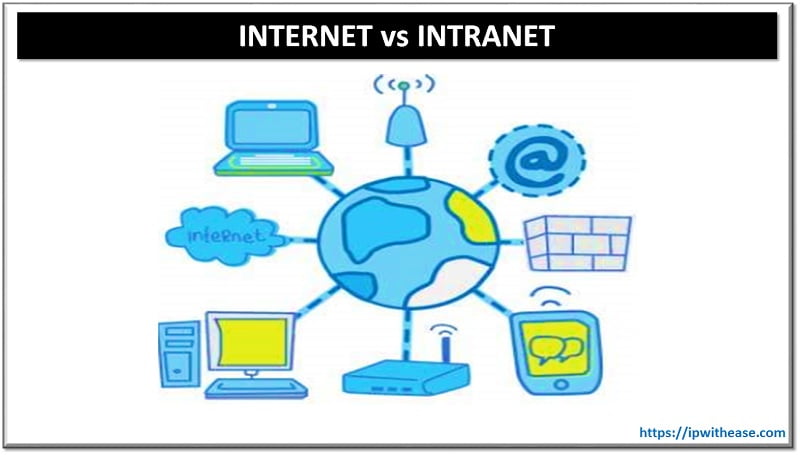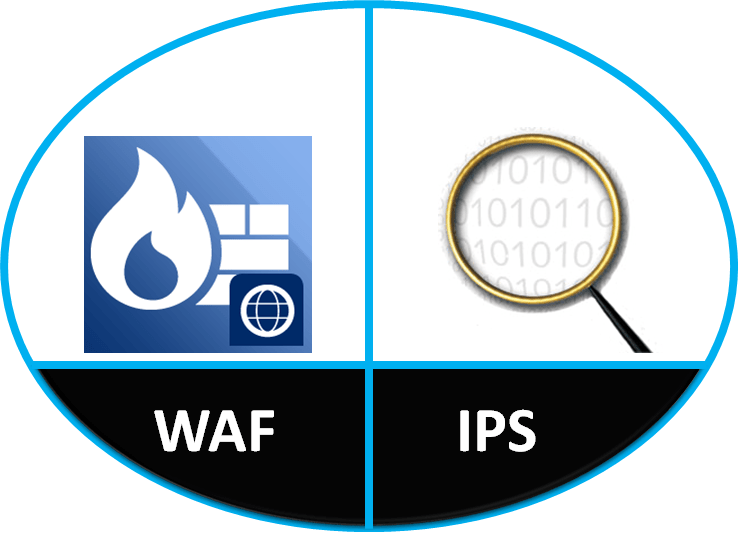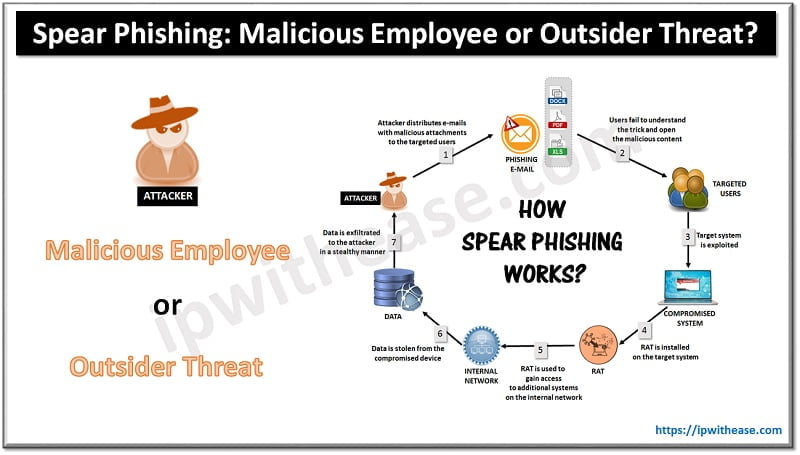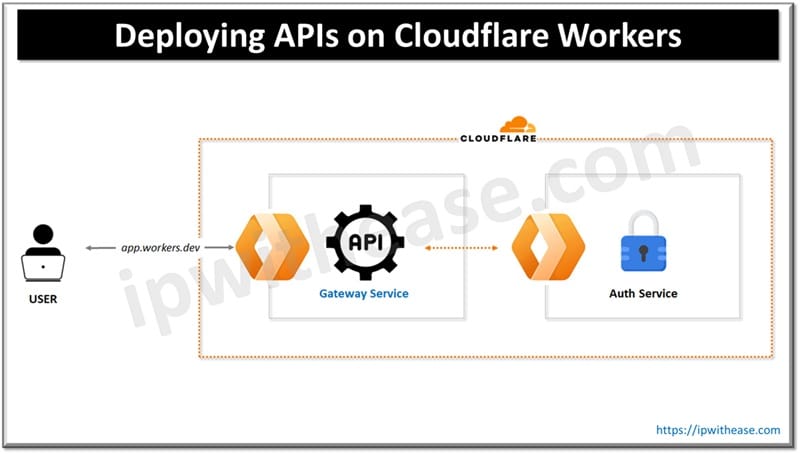 INTERNET VS INTRANET
INTERNET VS INTRANET
Below table shares how the internet and intranet differ in terms of various parameters as enlisted in column 1. Lets understand those –
| PARAMETER | INTERNET | INTRAMET |
|---|---|---|
| Usage | Public | Private |
| User Types | Any user having dial up of Internet access line. | Organization employees and Internal company departments |
| Usage | Access all kind of information | Internal employee communication , telephone directories etc. |
| Security | Low security. Configured under 0 security level in firewall | High security. Configured under 100 security level in firewall |
| Regulated by | Internet Architecture Board (IAB): Oversees the technical and engineering development of the IETF and IRTF. Internet Corporation for Assigned Names and Numbers (ICANN). | It is regulated by an organization. |
| Coverage | Wide Area | Within an organization |
| Access | Large number of users | Limited number of users |
| System Failure | Unpredictable | System availability is high since system is monitored by authority |
![]()
Download the comparison table here.
The comparison will be incomplete without giving a view on what the internet and intranet terms mean and their positioning in organizational IT setup –
The Internet is an enormous global networked system that connects computer networks around the world together. Millions of private, public, business and government networks worldwide connect with each other over the internet to share massive amounts of information and resources. Internet is what we use to access web pages, send e-mails, listen to music or watch videos online. It hosts an extensive range of information, one that we generally take for granted today. Internet is a low-security entity and can be access by any individual in the world with access to Internet via dial up connection or leased line Internet.
An Extranet is basically a private network designed specifically to allow these individuals (clients, vendors, suppliers, partners, etc.) to communicate with you and your employees in a closed virtual space. Extranets serve an extremely important role, as they allow for private communication, collaboration, knowledge sharing, document sharing, and data transfer between organizations. . An extranet is accessible to some people from outside the company, or possibly shared by more than one organization. This network system is basically used for business to business (B2B) purposes.
Related– Intranet vs Extranet
An Extranet can be used to meet a variety of different needs. Large volumes of data can be exchanged between parties via extranets, for example, and they can also be used to create collaboration. The latter is especially useful for companies that need to brainstorm or work back and forth with clients and customers, and it can save hours of time in comparison to using email and/or telephone. Extranets are also used to help monitor and fix any potential bugs or issues that can occur with a company’s products or services — almost like built-in quality control.
ABOUT THE AUTHOR

You can learn more about her on her linkedin profile – Rashmi Bhardwaj

 INTERNET VS INTRANET
INTERNET VS INTRANET


